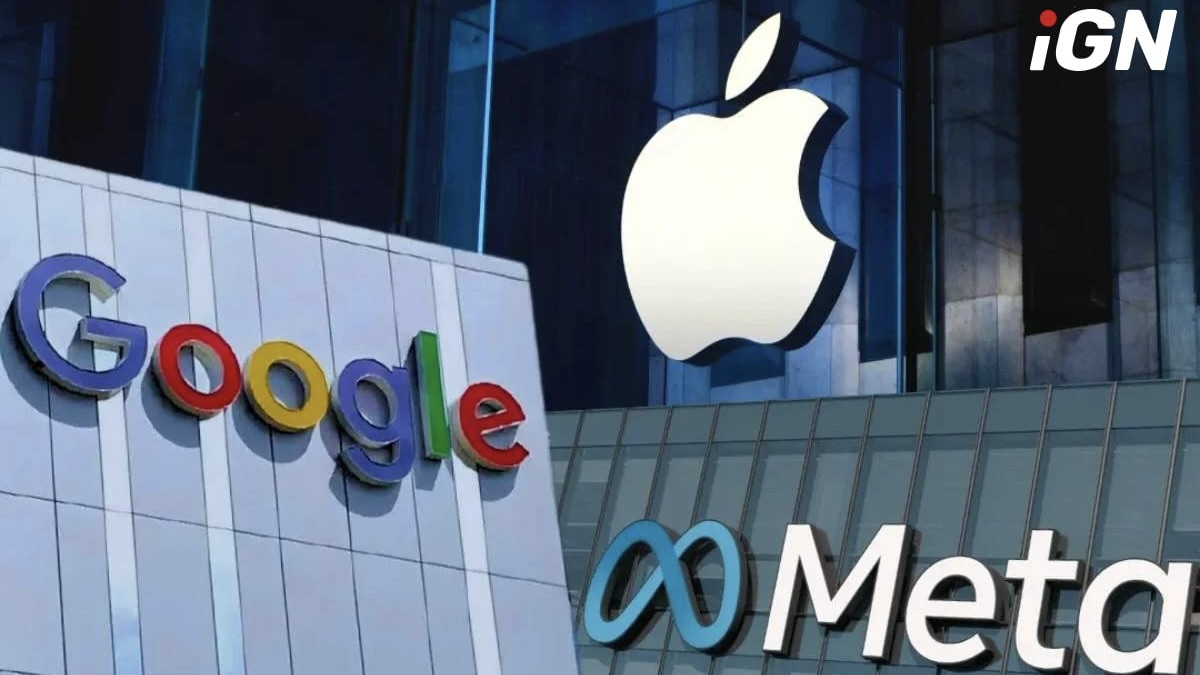U.S. Court Allows Lawsuits Against Apple, Google, and Meta Over Social Casinos

A federal judge in San Jose rejected motions by Apple, Google, and Meta to dismiss consolidated multidistrict class-action lawsuits: In re Apple Inc App Store Simulated Casino-Style Games Litigation, In re Google Play Store Simulated Casino-Style Games Litigation, and In re Facebook Simulated Casino-Style Games Litigation. The cases were initiated in 2021. Plaintiffs claim the companies promoted social casino apps on their platforms and received a 30% commission from transactions.
The Allegations
According to the plaintiffs, these apps led to gambling addiction, depression, and even suicidal thoughts. They estimate the companies received over $2 billion in commissions from these games.
- Plaintiffs are seeking triple damages and other forms of compensation
- The court partially granted dismissal of claims related to California’s consumer protection law
- The main consumer protection claims remain in place
Company Arguments and Court’s Position
The companies argued that Section 230 of the Communications Decency Act shields them from liability for third-party content. However, Judge Edward Davila ruled that by processing payments and taking commissions, they were not acting as neutral publishers.
| Company | Allegation | Court’s Decision |
|---|---|---|
| Apple | Promoting casino-style apps through the App Store | Case allowed to proceed |
| Hosting games in the Play Store and taking commissions | Case allowed to proceed | |
| Meta | Promoting games through Facebook and profiting from them | Case allowed to proceed |
Right to Appeal
The court granted Apple, Google, and Meta immediate permission to appeal to the Ninth Circuit Court of Appeals. The ruling could set an important precedent for digital platforms dealing with apps and user transactions.
Key Takeaways
- Judge Edward Davila rejected the companies’ Section 230 defense.
- The lawsuits argue that the platforms knowingly profited from casino-style apps.
- Potential damages could reach into the billions of dollars.
Conclusion
The San Jose court’s decision highlights growing legal risks for digital platforms. Responsibility now extends beyond hosting third-party content to include payment processing and monetization. The outcome of this litigation and possible appeals could shape future regulation for the entire sector.
